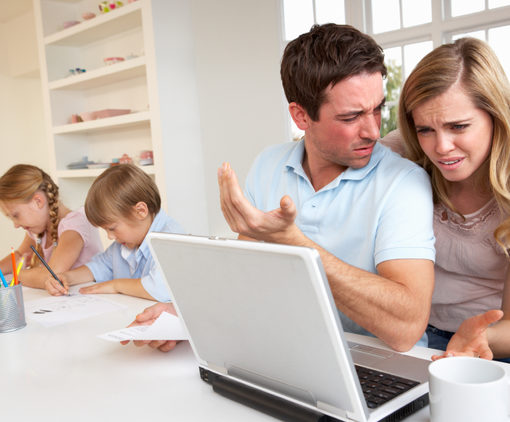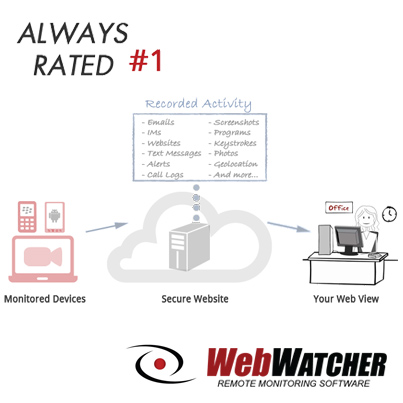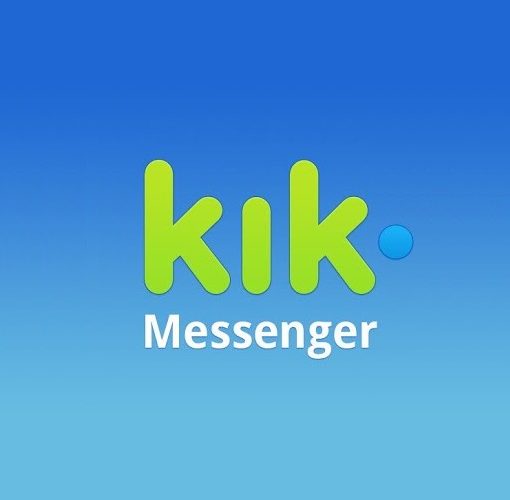The Home Educators Resource Directory community helps home educators navigate their learning journey. Recently, we sat down with Mindy Lively, the owner and editor of the directory, to learn more about the state of homeschooling today as well as how homeschooling parents teach, socialize, and protect their kids.
Tell us a bit about your background in homeschooling. Why did you decide to start a blog about this topic?
I am a homeschool parent of two for the past 22 years. My oldest just graduated from university with a Bachelors of Agricultural Science degree. I started the directory to help other parents with their homeschool journey. I found it very difficult to find the resources and support I needed along with working, running a household, and teaching the children. As a result of my frustration, I wanted to make it easier for the next person.
I now work with a team of home educators that help make the directory awesome. They help identify support groups, resources, special programs, and local classes that are homeschool-friendly. We produce a monthly newsletter with specific information for home educators. There really is no need to visit a million websites to get the information because our community understands what home educators are up against. We feel the best education is home education, and we are the support that can make a difference to the homeschool community.
What are some of the biggest myths about homeschooling or homeschoooled children?
Still to this day, the biggest myth is that homeschooled children are not socialized. Homeschool families are very social. Many families belong to homeschool groups and join other families for social and extracurricular activities. The biggest difference between traditional public school students and homeschool students is that the homeschool students socialize with many different ages and not just the same-aged students in their classroom. Homeschool students are not relegated to sitting in a classroom for hours every day, but instead are out in the world learning.
The next biggest myth is that they will not be prepared for higher education. Homeschooling is now an accepted form of education. Because homeschool students are able to pursue their passions, they tend to have a broader range of education. Most colleges welcome homeschool students. I have personally been involved in helping many students to apply for college. The experience has always been positive. “We think that homeschooling is one of the best options for children, at home the child feels calm and relaxed and can concentrate on the educational process” – says a professional tutor Timothy Lyall from PapersOwl.
Is the idea of homeschooling becoming more accepted by educators and government officials? Or is there still significant resistance or animosity from these groups toward homeschooling parents?
I feel that generally there is more acceptance. Everyone works hard, and most people feel that their methods and ways of educating are the best.
I would say that most government officials tend to think that homeschooling is lacking. Many people still believe that the government’s job is to educate children and want laws to protect the children. Children need to be given the freedom to pursue their passions with a good teacher as a guide.
What are some common social/educational activities that groups of homeschooled children engage in?
Socialization can happen on many levels. Homeschool students socialize with other homeschool students in groups and cooperative learning. They do all (and more of) the things that public school students do. They experience plays, field trips, dances, and graduation ceremonies. Students also have the rest of their community where they can socialize with adults.
Since homeschooled children tend to score higher on many standardized tests that public schoolchildren, could you tell us why you think that is the case?
Homeschool students are not generally pressured to take test after test and do not have the phobia about test taking. Standardized tests are not a good marker of how well a student is learning. The only thing that standardized test score reveals is if the student has learned what the school system considers important for the student to know.
Homeschool students (and also public school students) are learning other things that are not on standardized tests but are important for them and their family. The true test is whether we have happy life learners.
Since homeschooled kids are exposed to a more independent learning environment, could you tell us how that independence should be balanced against the level of regulated or monitored digital device usage by these children?
Homeschool kids are more independent learners. I think that the parents/teachers should have control of regulating their students’ digital device usage. Every student is different, and each case should be addressed on an individual basis.
Do you think homeschooled kids are more or less likely to visit dangerous websites or be targeted by virtual predators?
I think there are always online threats. I do believe that homeschool parents are tuned into what their children are doing, and many do limit online usage.
What steps should the parents of homeschooled children take to protect their children from online threats?
Web monitoring software is good, but the best thing that parents can do to protect their children from online threats is to talk to them and teach them values.
Need some help protecting your children from virtual threats? Get a free trial of WebWatcher today!






